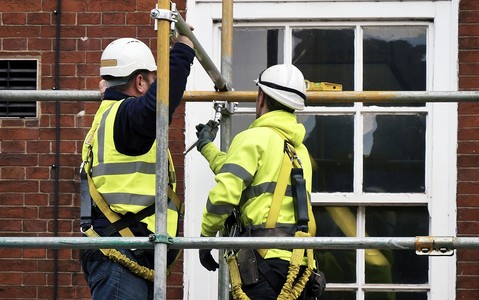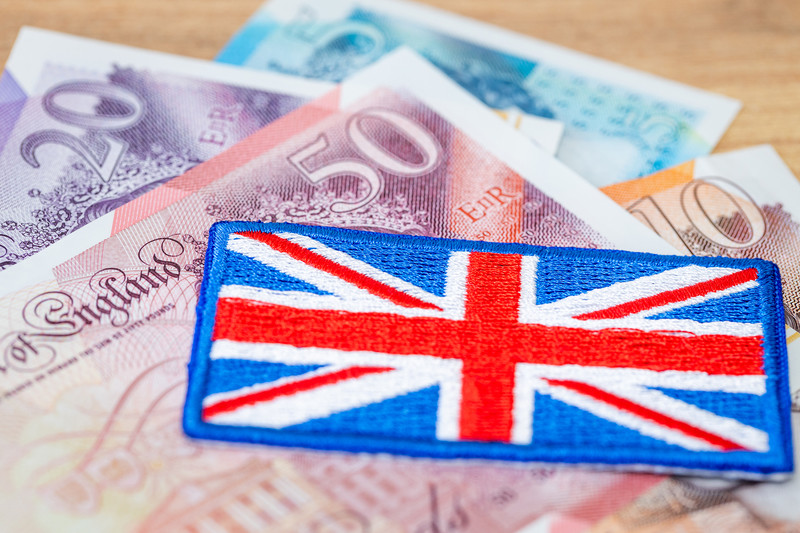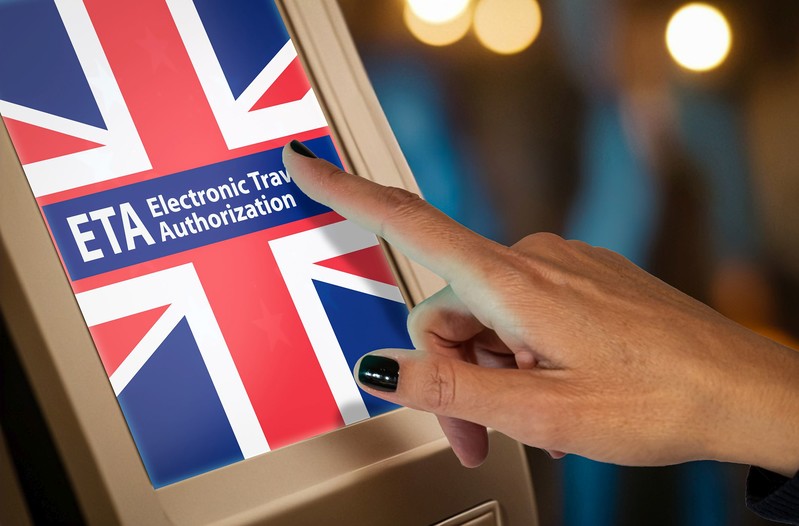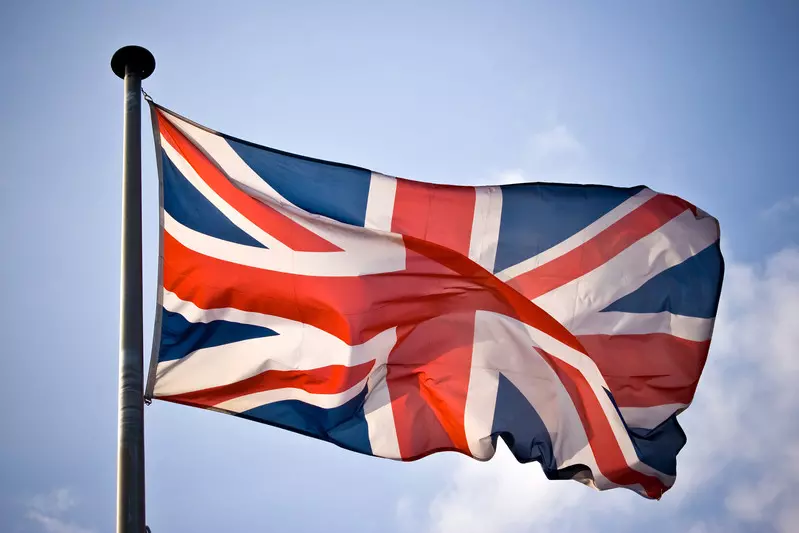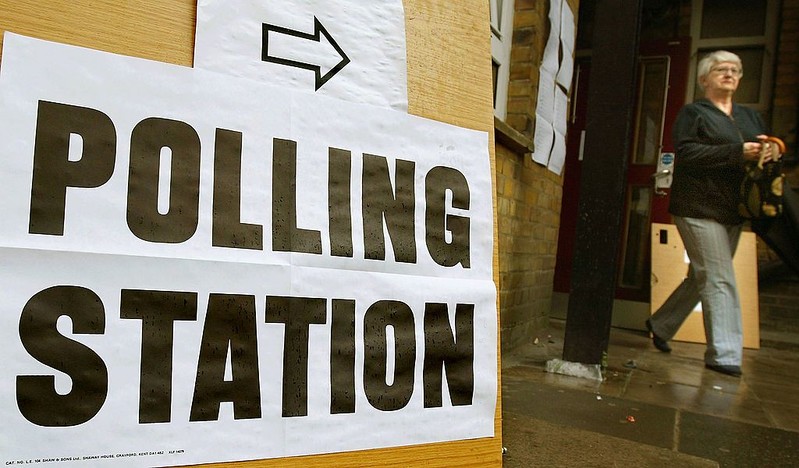Trump’s "Big Beautiful Bill" Creates Panic Among Gamblers Over New Tax Rule
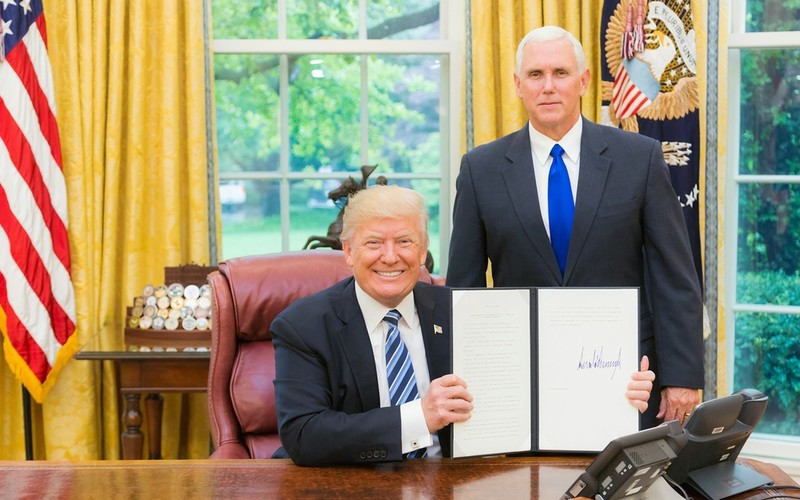
The tax reform law is set to take effect in 2026 and will limit the deductibility of gambling losses to 90% of winnings. This means that many bettors and players will find themselves paying taxes even in years when they have an overall loss.
This tax reform comes as gambling in the US hits at an all-time high. Gaming revenues totalled almost $72 billion in 2024, and the industry is seeing ongoing growth, in part boosted by the increased popularity of online gambling and sports betting. Social casinos have enjoyed more attention, offering players low-stakes entertainment in states where gambling is restricted.
These platforms are made even more exciting through promo codes for free spins and various bonuses (Source: https://www.cardplayer.com/online-casinos/mcluck). Promotions have attracted casual gamblers and have built a community of recreational bettors who don’t have the same financial exposure as professional gamblers.
However, serious gamblers and bettors across the country are alarmed at the proposed changes in the new legislation. Prior to the signing of the bill, gamblers could deduct all their losses up to the amount of their winnings. But the new law reduces that amount to 90%, creating a situation where someone could owe taxes despite losing money overall.
For example, if a gambler wins $200,000 and loses $210,000, only $189,000 of the losses are deductible. That would leave $11,000 taxable income, even though the individual ended the year with a loss of $10,000.
Poker pro Phil Galfond expressed his discontent on social media, posting, "This new amendment to the One Big Beautiful Bill Act would end professional gambling in the US and hurt casual gamblers too. You could pay more in tax than you won".
Industry professionals claim that the tax changes will disproportionately affect high-stakes gamblers who see millions of dollars in wins and losses each year. Zachary Zimbile, an accountant specializing in gambling regulations, spoke to Bloomberg, "If you add a 10% penalty, it’s going to eat into a lot of their profit".
Casual gamblers are also likely to be negatively affected. Rufus Peabody, a professional sports bettor, noted the law will have a wide reach: "Someone can lose money gambling, and still owe taxes on it".
Critics of the Big Beautiful Bill fear that the new tax structure will stop players from accessing legal platforms, instead turning them to offshore or black-market sites. Congresswoman Dina Titus, representing Las Vegas, said, "It pushes people into the black market. The black market doesn’t pay taxes, isn’t regulated, and doesn’t help with problem gambling".
The American Gaming Association has expressed support for the bill, but also stated concerns in a letter to Congress. The Association called for the preservation of current gambling loss deductions as "critical" and warned that the policy changes will have negative effects on jobs, tax revenues, and consumer protection in the US gambling industry.


